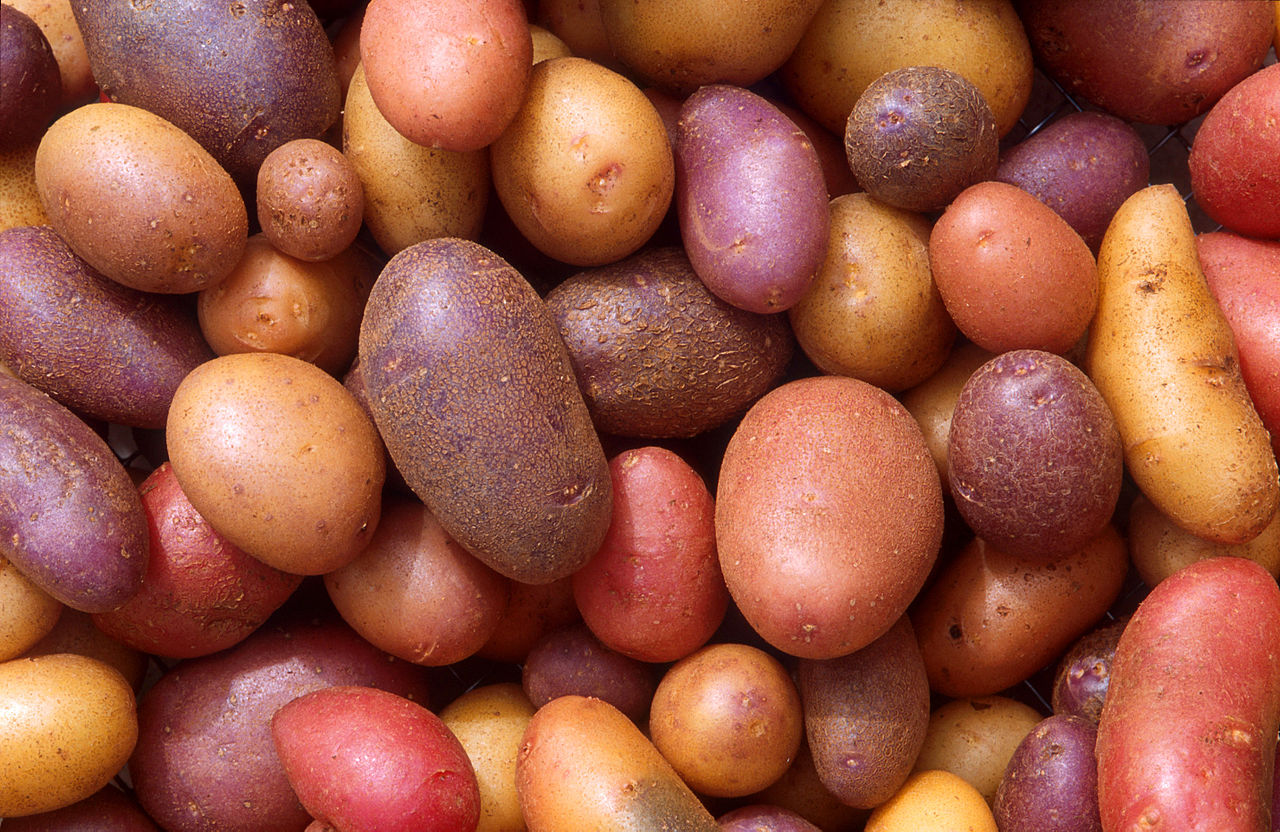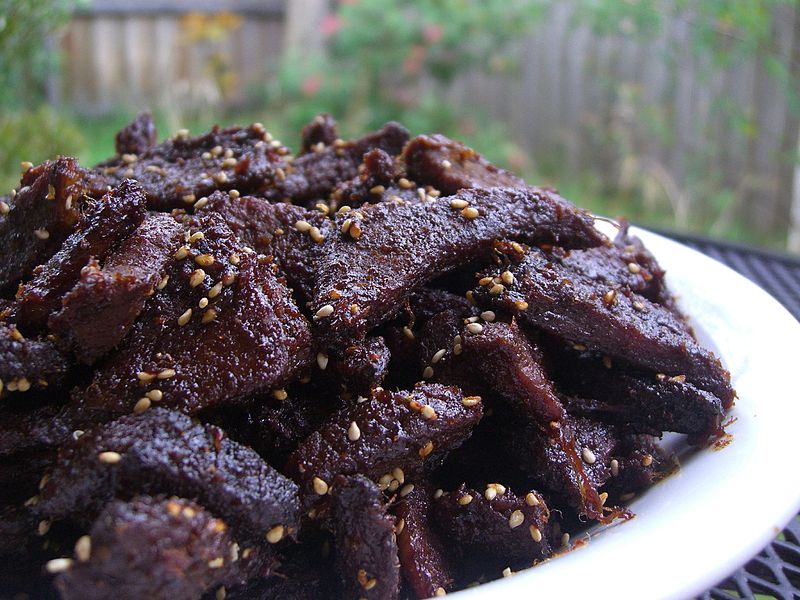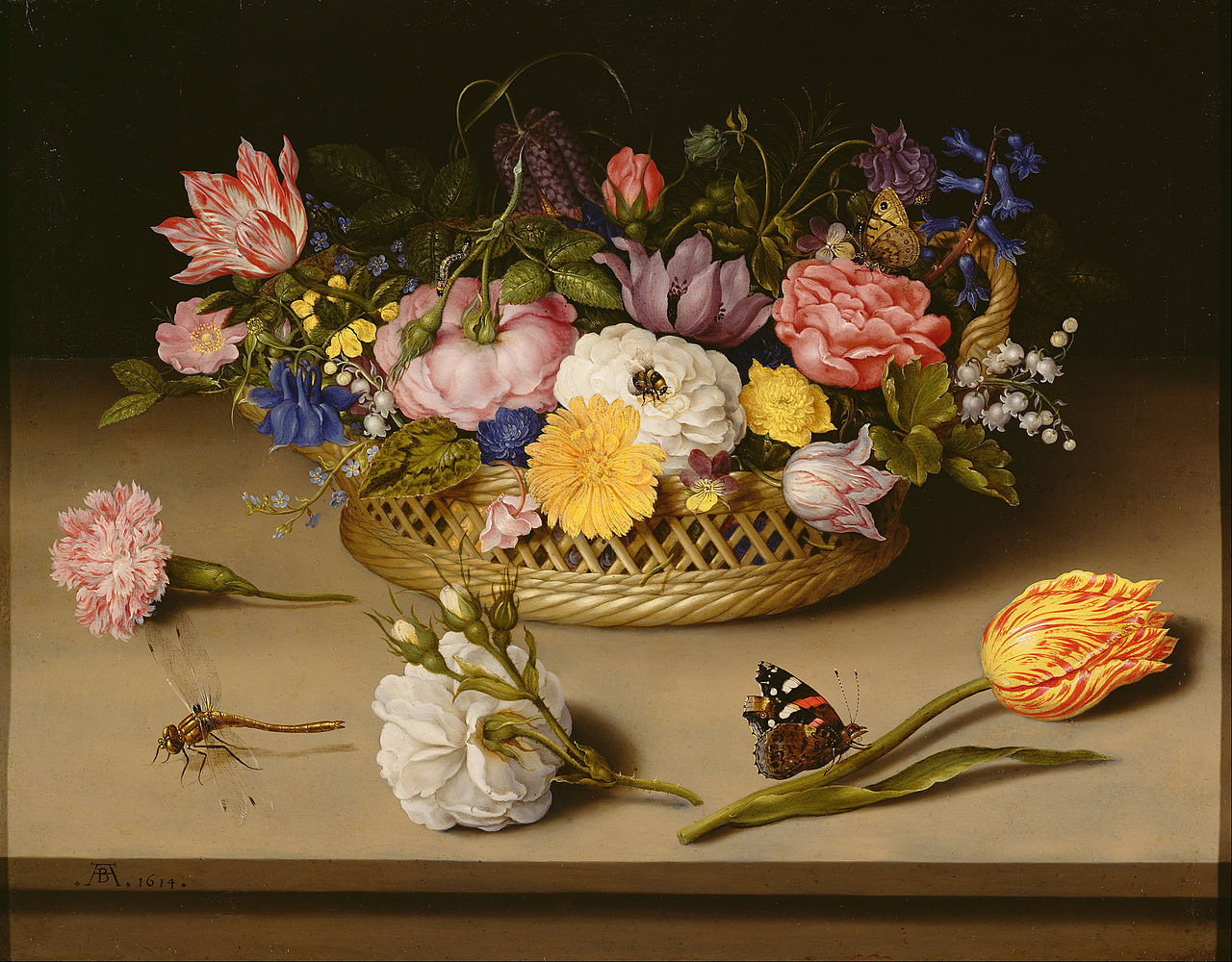
An Easy Way To Grow Potatoes in Your Garden
An excellent way to produce all the spuds you and your family will need.
This is a great way to produce potatoes for your home and is way more environmentally friendly than purchasing super market bought spuds. Overall, getting your spuds this way leaves only a tiny carbon footprint and guarantees a clean source of vegetables, unadulterated by pesticides, harsh fertilizers, poor long term storage techniques and wrapping in plastic for transportation and display purposes.
To get started growing your own potatoes, you will need the following:
1) A large barrel, bin, pot or trough with between a 150 and a 200 litre capacity.
2) The equivalent amount of potting soil/compost mixture.
3) A large, brown paper bag.
4) Stock of seeding potatoes.
For the container, we would recommend any of the following; a large plastic bin, a large wooden barrel (water or whisky), a ceramic or metal pot. If there are no drainage holes present (for example if the container was not specifically designed for growing) be sure to make some. Make many 1-2cm holes all the way around the circumference of the container with the holes being approximately 2 cm above the base of the container. Equally, if the barrel/container does not have feet or a stand, be sure to raise it off of the ground using bricks or similar. This will help with ground frost and keeping your growing medium aerated and well drained. Water logged soil will lead to rotten spuds, they need to be able to "breathe".
With the container prepared, it is time to find a suitable position for it. This will preferably be a sunny spot within your garden/allotment. Once in position, begin by putting down an 8cm layer of peat based potting compost. Then add an 8cm layer of compost.
The potato - you can easily source seeding potatoes from your local garden centre or equivalent. It is possible to grow from super market bought potatoes but this is more likely to produce varied, inconsistent crops which may vary in specimen size and volume of yield. Furthermore, it has been demonstrated that using store bought potatoes may possibly result in a crop that is far less resistant to disease. Using specifically designated seeding potatoes is therefore preferable as they are easier to care for and will produce a larger crop.
Having bought the appropriate potato stock, it is now time to start "hatching" them. Place your potatoes in a large, brown paper bag and place in a cool place, out of direct sunlight. These should start sprouting up within a few days/weeks.
Once they sprout, place them on top of the soil/compost mixture you have already placed in the container. Leave at least 10-15cm gaps between each potato. Now cover them with another double layer of the potting soil compost mixture. Water and be sure to keep everything moist, not saturated. Start preparing another batch of sprouting potatoes. Once the foliage from your first batch of planted potatoes reaches approximately 15cm in height, add another layer of soil/compost mix, covering 75% of the visible stems and foliage. Plant the next layer of seedlings in this new top layer. Keep repeating the process until the container is full.

Within 6 to 10 weeks, once the foliage of the top layer of spuds has matured, new potatoes may be carefully harvested by hand. Fully mature potatoes will develop after 14 to 16 weeks. It is probably best to simply grab them from the soil as you need them. Alternatively, wait until they are fully mature, carefully tip the entire contents of the container onto its side and pick out the crop.
This should provide you with a sufficient crop for an average sized family. Apart from the added health and environmental benefits, you will also be able to take a certain pride at having grown your own produce.
Picture courtesy of the "Daily Telegraph", "www.allotment-garden.org" and By Scott Bauer, USDA ARS - This image was released by the Agricultural Research Service, the research agency of the United States Department of Agriculture, with the ID K9152-1 (next)., Public Domain, https://commons.wikimedia.org/w/index.php?curid=110700
Good Luck!
The Bushgear Team


